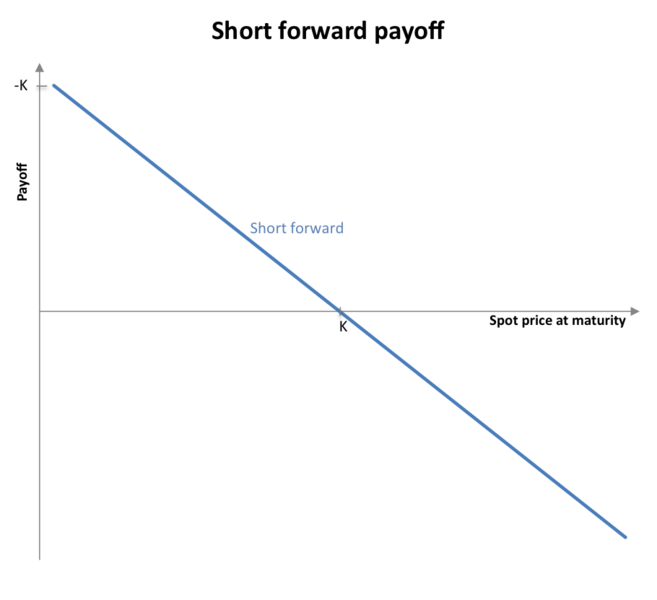Please write a good explanation (step by step guideline for "dummies") for the attached question.
With respect to options on stock market, explain in detail, with one or two clear examples of the following terms:
• Puts, uncovered puts, married puts, uncovered index puts
• Calls, write cover calls, index calls, uncovered equity
• Spreads (vertical, calendar, diagonal)
• Straddles
• Strangles
• Collars
• Greeks
• Butterfly, iron butterfly
• Condor, iron condor
With respect to options on stock market, explain in detail, with one or two clear examples of the following terms:
• Puts, uncovered puts, married puts, uncovered index puts
• Calls, write cover calls, index calls, uncovered equity
• Spreads (vertical, calendar, diagonal)
• Straddles
• Strangles
• Collars
• Greeks
• Butterfly, iron butterfly
• Condor, iron condor
can anyone explain this to me? it's the difference between an A and a B+, and I really would like to do this, but google isn't helping me as much as I'd like...
so far I have
"A "put"/ "put option" is an option to sell an item at a preset price at some time in the future, but not an obligation.
For example, A stock is at $5.45 and someone wants a put. They make an agreement with the current owner of the stock to sell it for this price in the future. It is just the option to sell it, not the obligation to."







Comment